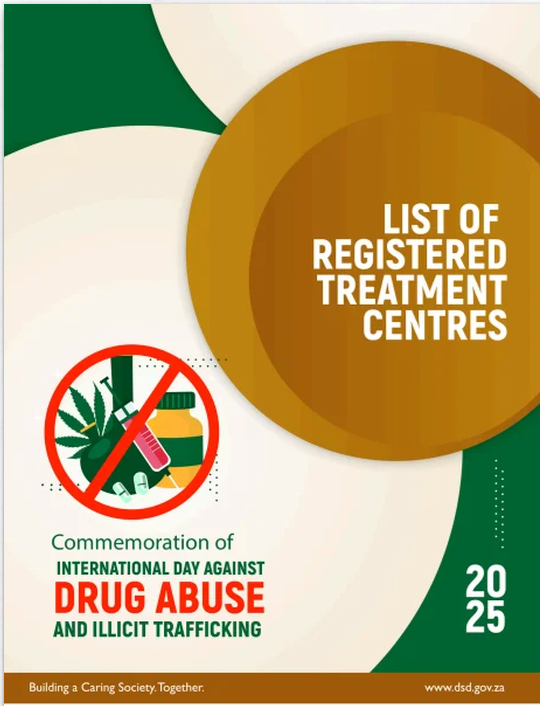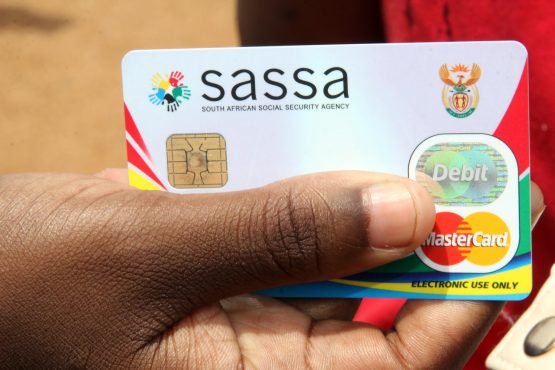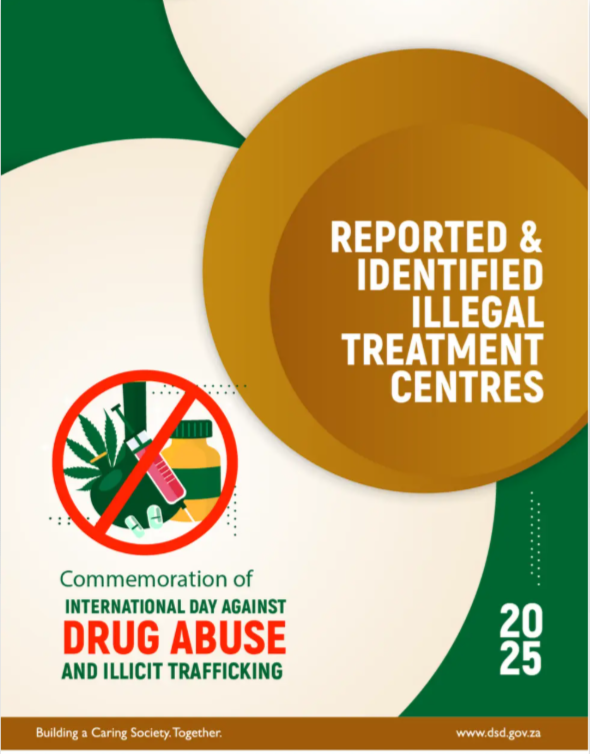By Cuma Pantshwa.
- Ayanda Asanda Novukela used R370 from the SRD grant to start her first business, Bhayeka Trading. She currently operates three businesses, which include a pre-school and a company registration service.
- More than 70% of the enrolled participants in the KwaMashu pilot of the Generating Better Livelihoods (GBL) programme are women, most of whom began their journey as social grant recipients.
- Beyond financial support, the GBL programme emphasizes mentorship, counselling, and confidence-building, creating a community of entrepreneurs who transform dependency into self-reliance and economic resilience.
Building resilient communities has taken centre stage as DSD and partners forge a way forward by linking grant beneficiaries to real economic opportunities.
A community hall in Ntuzuma Durban, became a symbol of possibility and hope today — as young entrepreneurs stood proudly beside their products, sharing stories of hustle, resilience, and renewed hope.
The exhibition formed part of the KwaMashu site visit for the Generating Better Livelihoods (GBL) pilot — a joint initiative of the Department of Social Development (DSD), SASSA, the NDA, FinMark Trust (FMT) and BRAC International, designed to link social grant recipients to sustainable livelihood opportunities.
Ntuzuma Hall opened its doors to possibility and purpose, connecting young people to support, to potential customers, and their future funders.
From vibrant, hand-stitched garments to home-made goods, spices, plant-based skincare, detergents and revived sneakers — the room buzzed with creativity and drive. It was a tangible demonstration of what becomes possible when support systems meet human potential.
“I started my first business with R370 from the SRD grant.”
Ayanda Asanda Novukela, 27, from Lindelani, beamed with confidence behind a table stacked with bright spice packets and seasoning blends.
“I’m the founder of Bhayeka Trading,” she shared proudly. “We sell spices, curry powder, dry herbs, sauces and eggs. We also supply tuck shops in Lindelani and sell door-to-door. This business started from just R370 – my Social Relief of Distress (SRD).”
Ayanda’s journey doesn’t end there. She also runs Little Dynamites, a pre-school and daycare centre, and Bombo Solutions, a small business that assists others to register companies, obtain tax clearances, and file CIPC annual returns.
“The GBL programme provided me with more than just training,” she explained. “It gave me confidence, self-esteem, and the motivation I needed to keep going. I used to be a community activist without an income. Now, I own three businesses.”
She credits ongoing mentorship from Finmark Trust’s linkage facilitator, Ms Nokuthula Ngcobo and the community of entrepreneurs created through GBL as the driving force behind her growth.
“We even had counselling when needed, and we learned to know ourselves better. That helped us let go of fear. That kind of support is rare.”
Ayanda is one of 262 participants already onboarded through the KwaMashu pilot. Over 70% are women, and the majority identify as aspiring entrepreneurs. Many, like Ayanda, are recipients of the Child Support Grant or the SRD, using these as a base to build their businesses.
From Local Hustle to National Vision
Ms Vuyi Segooa of FinMark Trust reaffirmed the programme’s purpose and potential:
“The GBL project moves people from dependency to self-reliance by building agency. In the South African context, building self-sufficient individuals means providing practical skills, financial literacy, access to resources, and coaching. That’s how we foster economic resilience.”
As government and development partners continue their three-day strategic planning session, the message from Ntuzuma Hall was clear: South Africans are ready; they just need a platform.
Delivering words of encouragement to the participants, DSD Director-General Peter Netshipale offered a heartfelt reflection:
“We’re not just talking about sustainable livelihoods,” he said. “We’re seeing them take shape before our eyes. These projects are not just pilots; they are blueprints. We want this to become a way of life for our people.”
He underscored the critical role of mentorship in unlocking the potential of young entrepreneurs.
“Mentorship is the bridge between a great idea and a thriving business,” he said. “These young people need more than funding — they need consistent support, coaching, and belief in their journey.”
“Today we may be 15, but tomorrow we need to grow to 100. We must create platforms that highlight their growth and encourage others to follow in their footsteps. Let’s make these success stories visible, discuss them widely, and replicate them across the country.”





